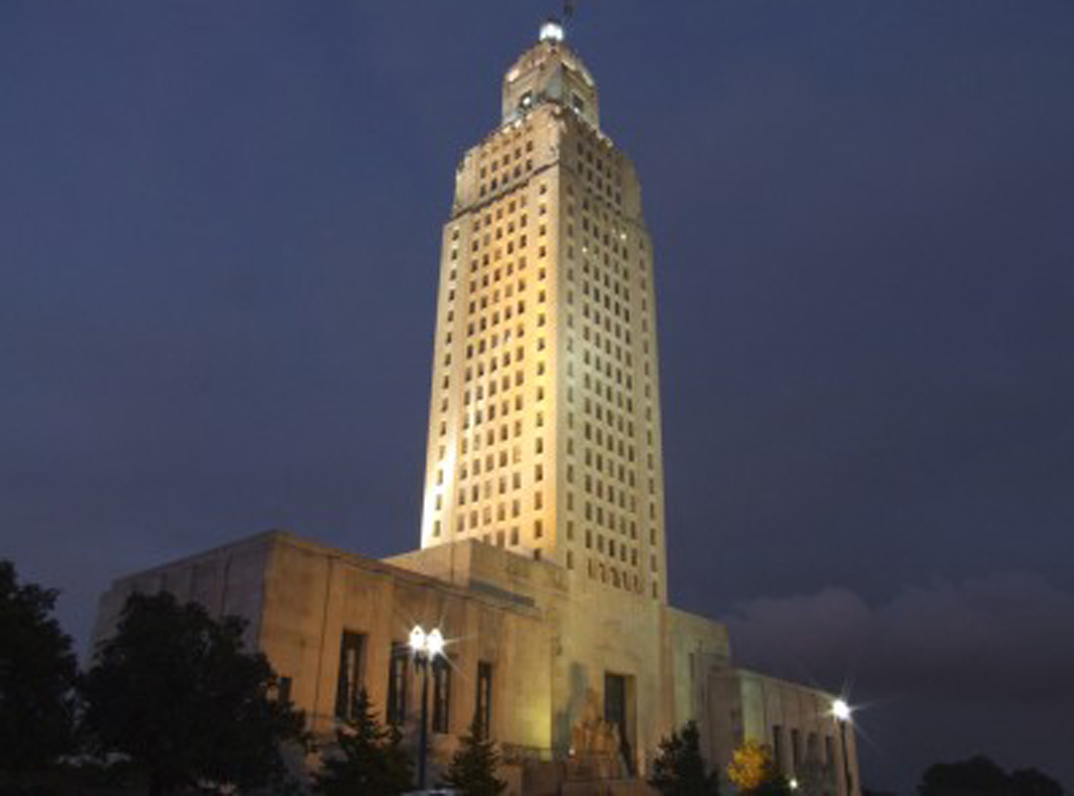Louisiana learned the benefits and pitfalls of moving public meetings online during the last two years of the coronavirus pandemic, with more people able to view the decision-making of their elected officials but often with fewer opportunities for public comment.
As more boards and commissions seek to rewrite Louisiana’s open meetings law and gather remotely, the Public Affairs Research Council is urging a cautious, thoughtful and comprehensive approach that prioritizes public participation.
Lawmakers should develop a holistic set of guidelines for state government bodies seeking to meet online or through teleconference, rather than pass a series of piecemeal measures that give various boards and commissions the ability to meet virtually with different rules and nonuniform requirements.
The COVID-19 outbreak has demonstrated the need for more flexibility for the state’s committees, boards and commissions to conduct business remotely in certain circumstances. But Louisiana’s exit from the emergency phase of the pandemic offers the right time to review best practices and make smart decisions about virtual meetings.
Conducting a state meeting via Zoom, by phone or through some other online method can offer greater access to government for people who live hours away from Baton Rouge and can’t easily travel, but can conversely limit access to those without strong, consistent internet access. Requiring a physical location for a meeting, along with an online option, could possibly address those conflicting problems.
Lawmakers need to think through such concerns, while also considering ways to encourage more public oversight of government, not less.
The Legislature, for example, has an excellent livestreaming system on its website for people to watch the action in the House and Senate and their committees. But being able to follow along remotely isn’t the same as participating and offering comment.
If boards and commissions want to move more of their work to virtual meetings, they need to recognize that watching from a computer or smartphone can make it harder for people to access their elected officials. Allowing only written testimony, rather than remote testimony by phone or video, isn’t sufficient for public comment.
To untangle the complex issues that arise with virtual meetings, PAR recommends lawmakers create a short-term study group to compare the online meeting methods used in other states, dive into Public Affairs Research Council of Louisiana cybersecurity and technology concerns and, most importantly, preserve the rights of citizens to monitor and comment on the actions of its state government.
After meeting over the next year, the study group could return to lawmakers with a proposal that could offer a coordinated set of parameters for holding online meetings, perhaps with tiers depending on the level of regulatory and legal authority the public body has.
Lawmakers agreed in 2020 to give the Bond Commission the temporary ability to hold virtual meetings and may allow that permanently. The commission’s experiences – which showed boosted attendance at its remote meetings – could be helpful to determining a broader approach across other state public bodies.
Among the provisions of the Bond Commission law, the panel must have an in-person anchor location in addition to the online option for attendance, votes must be taken by roll call and the meeting must be recorded and posted online. The number of online meetings is limited to one per quarter during a year. Those are good starting points for discussion of a broader template.
Any concepts developed by a study group for online state government entities could be presented to lawmakers for consideration in the 2023 regular session and also could help local governing bodies seeking to develop similar virtual meeting policies.
Louisiana has a strong open meetings law that prioritizes public access. Lawmakers should tread carefully as they revise the rules.
The Public Affairs Research Council of Louisiana.




